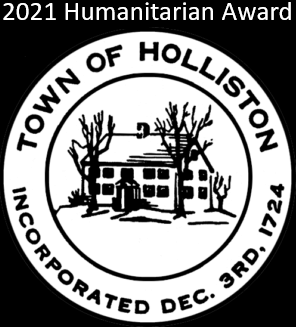Depression, Anxiety, Psychosis, Birth Trauma
“This is not what I expected.”
“I feel nothing for my baby. I can’t tell anyone.”
“My baby would be better off without me.”
“I’m afraid I will hurt my baby.”
“I’m terrified my baby will get sick. We never leave the house.”
About 20% of women experience postpartum depression and it is widely untreated. Women are told that this is the happiest time of their lives and so when it’s not, you feel like there is something really, really wrong with you. You are not alone. And it isn’t supposed to be this way. But it’s not because you are doing something wrong. Postpartum mental health issues look different than mental health issues at other times and so they are often overlooked or explained away with self-blame. If you are a new mother, you need to start feeling better...like, yesterday. In our work together, you will find an empathic and nonjudgmental therapist who will help you pinpoint the underlying causes of your suffering and how to start feeling better.
- Sleep is as important as food, especially for new moms. Together, we will come up with a plan for you to start getting more sleep.
- Identify ways that you can increase your support.
- Challenge and adjust your beliefs and expectations about what this “should” look like.
- Learn to trust yourself and your parenting instincts. Develop confidence.
Infertility, Miscarriage, Termination, Abortion, Infant loss
“People say things to me like ‘At least you still have your other kids.’”
“All of my friends seem to get pregnant so easily.”
“We were faced with the choice of carrying our baby to term, knowing he would not survive, or terminating. It was an impossible choice.”
“I feel so empty.”
Whether it’s trouble getting pregnant, suffering a pregnancy loss, or choosing to end a pregnancy, problems relating to pregnancy are never truly understood by those who don’t experience them. People may try to “make it better” by minimizing your pain, when in reality that only intensifies it. Well-meaning family and friends do not often recognize that this is a grieving process, just as any other, regardless of the circumstances. In our therapy relationship you will find a safe, non-judgmental place to process your pain and begin to heal.
Medication
Medication is not for everyone and as a psychologist, it is not my first line of defense. However, for many, medication is like being given a lifejacket when you are drowning. It saves you from sinking and lets you breath so you can begin to learn how to swim on your own. If you are drowning, it will be hard for you to learn the skills to “swim” in therapy. I do not prescribe medication, but I work with you to find a prescriber, whether it is your primary care doctor or a psychiatrist, and I will collaborate with that person.
For more on medication, see Medication Myths.








